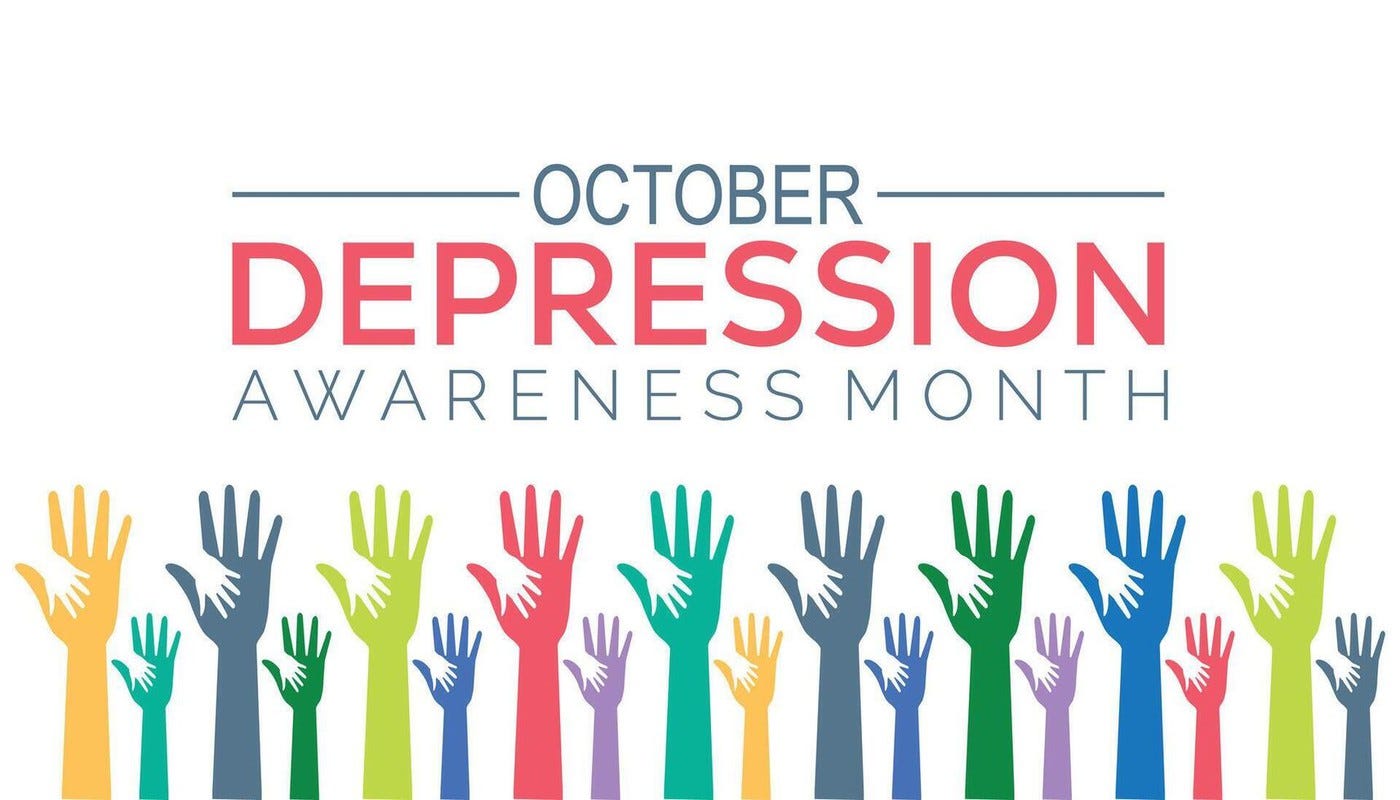October is Depression Awareness Month, a time to reflect on the historical stigma that surrounds the disorder, and how to navigate it for yourself and your loved ones. Speaking up when you’re struggling isn’t a sign of weakness; it’s a step in the right direction.
Depression is a “mood disorder that causes a persistent feeling of sadness and loss of interest” (The Mayo Clinic). It affects how a person thinks, feels, and their ability to handle day-to-day tasks. 322 million individuals live with depression worldwide, according to the Anxiety and Depression Association of America (ADAA).
There’s no singular cause of depression. Researchers have identified several potential factors: trauma, genetics, life circumstances, brain changes, other medical conditions, or drug and alcohol misuse (National Alliance on Mental Health).
Stigma towards mental health conditions like depression can scare people from seeking out resources. People avoid reaching out because they’re scared of being shamed and judged by others. The stigma surrounding mental health conditions often stems from a lack of knowledge. Learning more about mental health conditions and having those difficult conversations helps break down stigma.
If you are thinking of hurting yourself or contemplating suicide, contact 911 immediately. Additionally, if you’re having suicidal thoughts, call or text 988 for the 988 Suicide and Crisis Lifeline, available 24/7, for confidential and judgment-free care.



